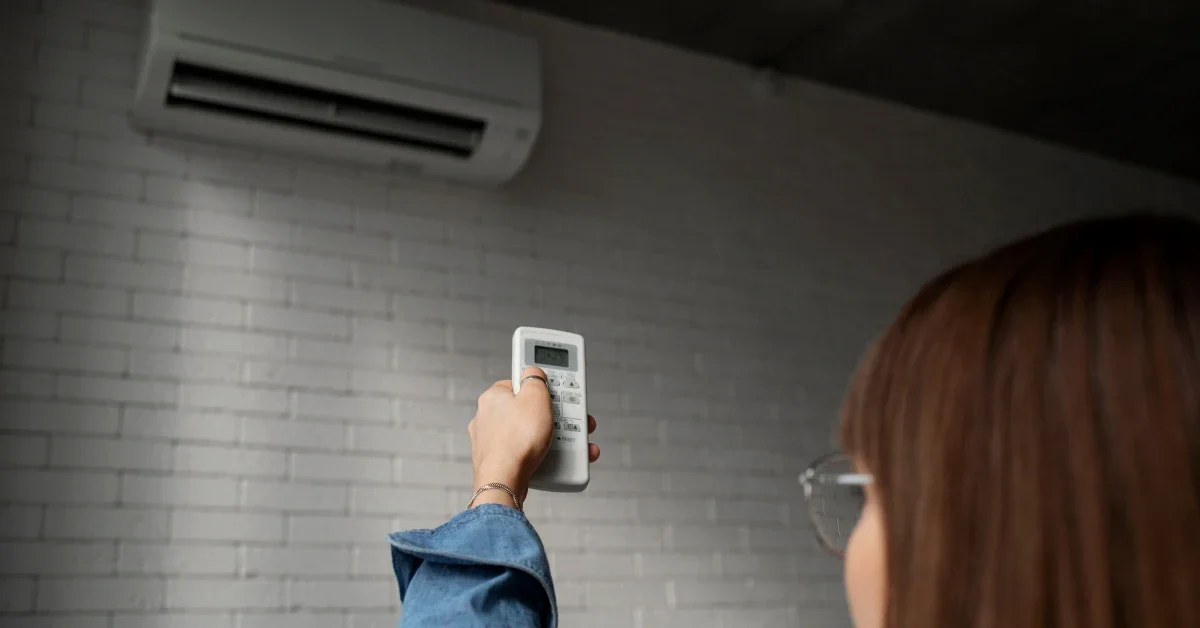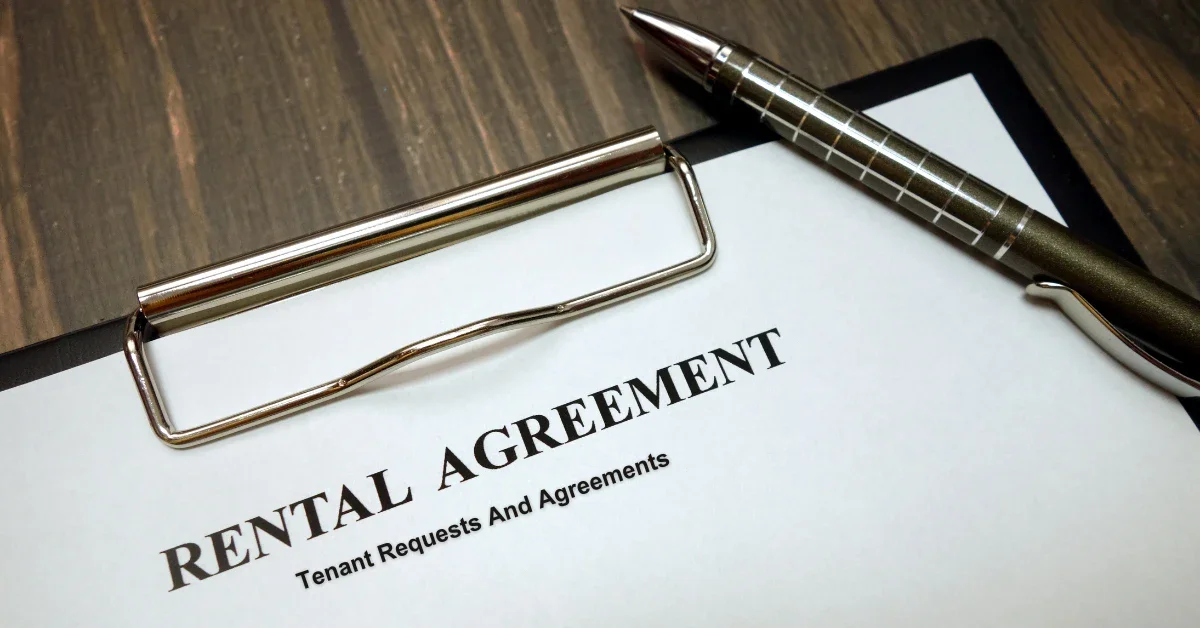Landlords typically turn on ac units shortly before the beginning of summer. The exact date may vary depending on location and climate, but landlords generally follow a similar pattern each year.
Let’s explore the factors that determine when landlords turn on ac, what to do if your ac isn’t working, and how to ensure you stay cool throughout the summer.

Factors Affecting A Landlord’S Decision To Turn On Ac
As temperatures start to soar, tenants’ minds are preoccupied with one thought, when do landlords turn on the ac? The answer to this question is dependent on multiple factors.
Climate And Weather Conditions
The region where the property is situated influences the landlord’s decision regarding ac. For instance, in hot and humid areas, landlords may turn on the ac much earlier than in cooler climates.
Type Of Cooling System
The type and age of the ac unit impact landlords’ decision-making. Modern and energy-efficient units may be turned on earlier than older, less energy-efficient models.
Energy Efficiency Concerns
Utilities take up a significant amount of a landlord’s budget. When deciding whether to turn on the ac, landlords must consider energy efficiency.
Some energy-saving techniques, such as installing smart thermostats, may help save money while keeping tenants cool.
Costs And Maintenance
The cost and maintenance of the cooling system play a crucial role in landlord decision-making.
Expenses related to repairs and maintenance can add up. Therefore landlords may decide to delay turning on the ac till the last possible minute.
Tenant Requests And Agreements
Tenants may have varied needs and preferences when it comes to turning on the ac. Some may request to turn it on earlier than others.

In such cases, landlords review their lease agreements and work with tenants to find a feasible solution.
As landlords weigh each factor, ai writing detection tools can be used to ensure the content is unique and plagiarism-free.
By keeping a human-like conversation style and adhering to eating guidelines for Google, content can rank above others while engaging readers.
Tips For Tenants To Ensure Ac Availability
When it starts to get hot outside, tenants eagerly anticipate the moment when their landlords will turn on the air conditioning.
However, this can be a cause for concern for renters who are worried about being stuck in sweltering conditions without a cool escape.
Let’s explore some tips for tenants to ensure ac availability.
Review Lease Agreements And Knowledge Of Tenant Rights
Before moving into a rental property, it’s essential to review the lease agreement. And when it comes to air conditioning, the lease should specify the terms and conditions surrounding it.

For example, some leases may state that the landlord is responsible for providing ac, while others could leave it up to the tenant to take care of.
Always make sure you understand your rights and responsibilities as a renter in your area.
- Be aware of the local tenant rights laws regarding air conditioning.
- Review your lease agreement to understand the rules about ac availability.
Communicate With Landlord About Ac Usage Needs And Concerns
Tenants should start communicating with their landlords about air conditioning usage early in the season to avoid misunderstandings.
If there is an issue or concern with the unit, it’s important to raise it immediately with the landlord.
Renters should also communicate their cooling needs and preferences to their landlords, such as the ideal temperature and hours of usage.
- Talk to your landlord about concerns or questions relating to the air conditioning unit.
- Be open and honest about your cooling needs and preferences to avoid misunderstandings.
Consider Alternative Cooling Options
If the rental unit or building doesn’t have central air conditioning, tenants should consider alternative methods for cooling the space, such as window units, portable ac, or fans.
However, renters need to ensure that they are allowed to use these appliances according to their lease agreement and building rules.
- Look into alternative cooling methods such as window units, portable ac, or fans if the rental does not have central air conditioning.
- Review the lease agreement to confirm that using these units is allowed and learn of the building rules on it.
Ensure Proper Ventilation And Air Flow In Rental Space
Tenants should also be mindful of proper ventilation and airflow in their rental spaces. When the air conditioning unit is on, ensure that the vents are unobstructed by furniture or other objects.
Keeping windows open during the day when the outside temperature is cooler could also help circulate air through the space.
- Make sure that the vents are not blocked by furniture or other objects to enable proper airflow in the rental space.
- Consider opening windows during the cooler portions of the day to increase circulation.
Frequently Asked Questions On When Do Landlords Turn On Ac
What Is The Ideal Temperature For A Rental Property?
The ideal temperature for a rental property ranges between 70-78°f. This range provides a comfortable atmosphere for most people.
Can Tenants Request For The Ac To Be Turned On Earlier?
Tenants can request for the ac to be turned on earlier than the scheduled date. Landlords may charge an additional fee for this.
Is There A Specific Date When Landlords Turn On The Ac?
The date when landlords turn on the ac varies depending on the location and climate. Usually, it’s around May or June.
Should Tenants Inform Landlords If The Ac Is Not Working Properly?
Tenants should inform landlords immediately if the ac is not working properly. This will help landlords to get it fixed and ensure their comfort.
Conclusion
Nail the summer heat, don’t let it beat you down! Remember, your comfort is a priority, and understanding when your landlord flips on the AC is crucial.
Your cool refuge from the heat awaits, so chat with your landlord today. You’ve got this!
Reference
https://www.washingtonpost.com/express/wp/2014/07/03/ask-the-advocate-air-conditioning-rules/
